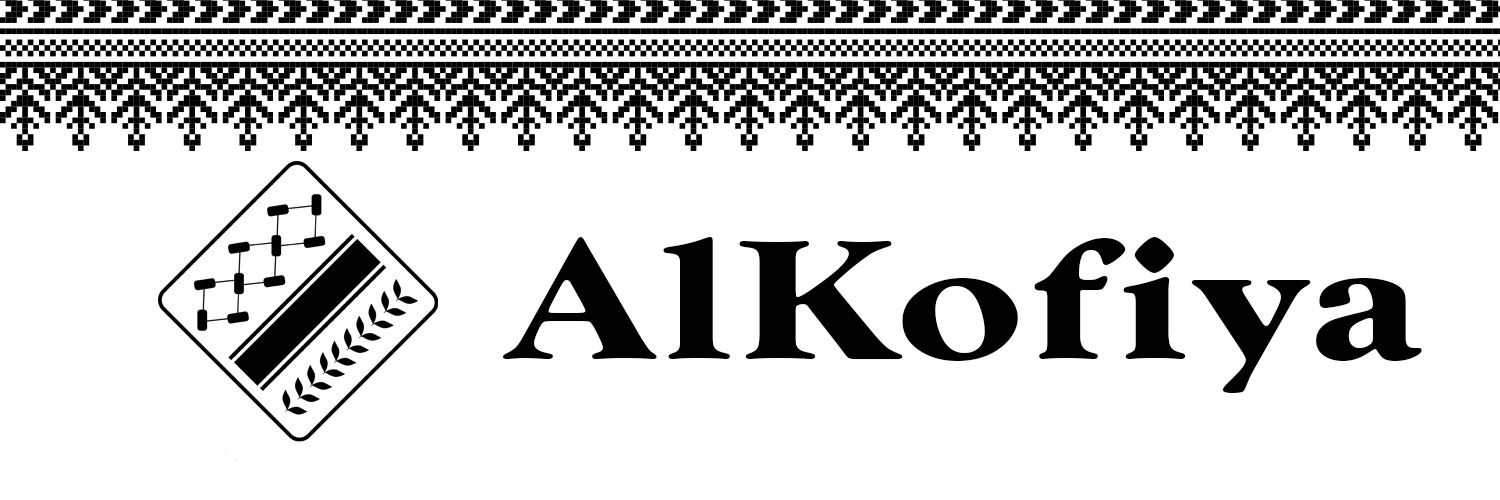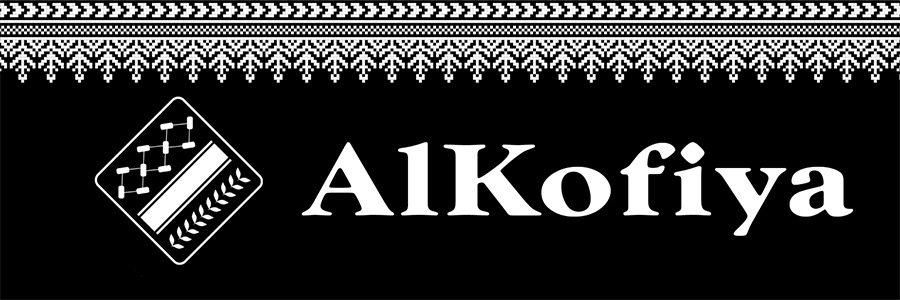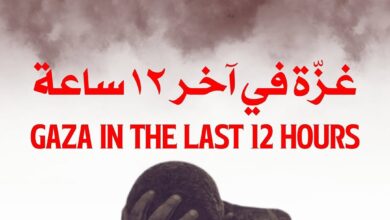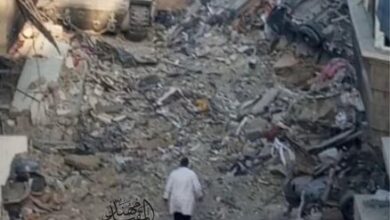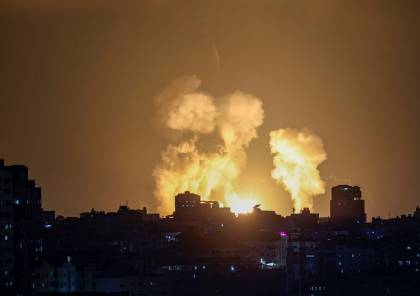
Israeli media reported, Friday evening, that the current round of escalation with the Gaza Strip and Lebanon has ended.
The Hebrew channel, Kan, quoted senior Israeli officials as saying, “The round of raids in Lebanon and the Gaza Strip has ended as long as there are no renewed rocket fire.
The channel stated that the Israeli army is on high alert in the north, and the current escalation round may not end.
However, the Israeli Minister of Agriculture, Avi Dichter, told the Hebrew Channel 12: “It seems that the current round with Lebanon and Gaza is behind us. We are not interested in escalation, nor are our enemies.”
In a related context, the reliable Israeli political correspondent, Barak Ravid, quoted sources in Netanyahu’s office as saying that the current round has ended and the escalation is behind us. No one is concerned with the escalation.
For his part, a Qatari official told the Hebrew newspaper Haaretz: “We made efforts for calm between” Israel “and the Palestinians, at the request of the United States.
“We worked and continue to make efforts with the various parties to establish calm and prevent an escalation of the situation,” the Qatari official said.
AFP quoted two sources in the “Hamas” and “Islamic Jihad” movements as saying, “We told the mediators that the factions will continue firing rockets if the occupation continues its aggression.”
The two sources in “Hamas” and “Islamic Jihad” said: “If the aggression stops, the factions will stop firing rockets, and we are committed to the extent of the occupation’s commitment.”
In a related context, the Chief of Staff of the Israeli Army, Herzi Halevi, conducted an “assessment of the operational situation in the Northern Command, with the participation of the region commander… and other commanders,” according to a statement issued by him.
The statement stated that Halevy also met with “the presidents of the councils, Shlomi and Mateh Asher, and toured near the building that was hit yesterday (Thursday) by missile strikes from Lebanese territory.”
Assessing the situation, Halevy said, “This is a complex period. The IDF is strong, and will continue to use force as much as necessary, against any enemy, in any arena.”
He added, “We suggest to our enemies that they do not wrong us. During the holidays and during the internal public debates (referring to the division over the weakening of the judiciary), the … Israeli army is ready, ready, and determined to provide security for the citizens of the State of Israel.”
Today, Friday, the American “Axios” website stated that the discussion of Benjamin Netanyahu’s government ministers concluded that Israel “has no interest in being drawn into a regional conflict.”
The site quoted two Israeli officials at the Ministry of Defense, who did not name them, as saying that “Israel focused its strikes last night (Thursday) in the Gaza Strip and Lebanon on Hamas targets in an attempt to avoid a broader conflict with the Hezbollah group.”
And when they discussed ways to respond to the salvo of missiles fired from Lebanon on Thursday afternoon, the Israeli ministers concluded that Tel Aviv has no interest in being dragged into a war in Lebanon that might later turn into a regional conflict, according to the same source.
This comes as the Chief of Staff of the Israeli Army, Herzi Halevy, had instructed, earlier today, to call up the reserve forces, especially the offensive units in the Air Force, while the Israeli army announced this morning that it is mobilizing regular forces in the southern and northern regions, opposite the Gaza Strip and Lebanon. of the infantry and artillery weapons, following security deliberations that took place during the previous night.
It also comes after massive Israeli raids in Lebanon and the Gaza Strip. According to the Israeli army, it targeted three targets in Lebanon, which it said belonged to the Hamas movement, and were located in an area from which rockets were launched towards the western Galilee, yesterday. Other raids targeted 11 targets in the Gaza Strip, which the occupation claimed were Hamas weapons-making workshops and “research and development centers” in Jabalia, as well as tunnels close to the separating security fence surrounding the besieged Strip.
The head of the Mossad, David Barnea, and the Chief of Staff of the Israeli army, Herzi Halevi, reviewed two different positions on the Israeli bombing in Lebanon, yesterday, during security deliberations that preceded the meeting of the Cabinet for Political and Security Affairs (the Cabinet), according to what was reported by the “Walla” website today, Friday, according to an Israeli security source.
The security source said that the Mossad chief’s position was that there was a high probability that Hezbollah would respond in any case to an Israeli bombardment, “and therefore a massive attack must be carried out” against the State of Lebanon and Hezbollah.
In turn, the Israeli army chief of staff said that Israel’s interest is to keep Hezbollah out of the current round of escalation, and that if the Israeli bombing focused on Hamas targets in Lebanon, “Hezbollah will not necessarily intervene.”
